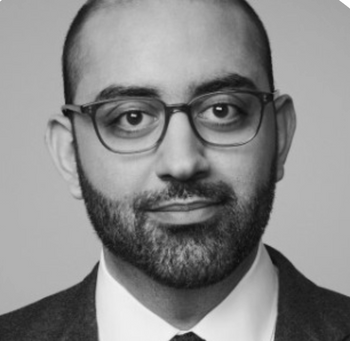Columbia University moves to eliminate ‘Caucasians only’ scholarship requirement
EDITOR’S NOTE: This article has been updated to include comments provided by a spokesperson for Columbia University.
Administrators at Columbia University are scrambling to eliminate a provision for a current fellowship that requires successful applicants to be both white and a descendant of the state of Iowa.

Officials at Columbia University are hoping to remove a “Caucasians only” requirement for a fellowship the school offers.
The Lydia C. Roberts Graduate Fellowships are currently only available to “persons of the Caucasian race, of either sex, born in the State of Iowa, who have been graduated from a college or university in the State of Iowa, and selected because of their scholastic training, seriousness of purpose, moral character, and real need of financial assistance,” according to a description of the scholarship available in an archived student paper.
Recipients must also pledge to move back to the Hawkeye state for at least two years upon graduating from Columbia.
Although Colombia has not awarded the scholarship since 1997, due to the controversial stipulations, officials are set to ask a judge to remove the stipulation so the money can be put to use.
According to the New York Daily News, associate provost Lucy Drotning said in an affidavit filed in Manhattan Supreme Court last week that complying with the restrictions is now “impossible” because “circumstances have so changed from the time when the Trust was established.”
“Columbia University is now prohibited by law and University policy from discriminating on the basis of race,” Drotning added, according to the New York Daily News.
Columbia University spokesman Robert Hornsby reiterated this in a statement emailed to Campus Reform Wednesday afternoon.
”The fact is Columbia long ago ceased awarding the fellowships in question and does not follow gift conditions that violate anti-discrimination laws,” he said. “It should go without saying that a university rightly known for the great diversity of its student body is as offended as anyone by the requirements of these fellowships.”
However, administrators at Columbia had defended the controversial stipulations in the past.
In the fall of 1949, Provost Grayson L. Kirk insisted “the university does not in any way believe that it is open to a charge of discrimination.”
Follow the author of this article on Twitter: @oliverdarcy

